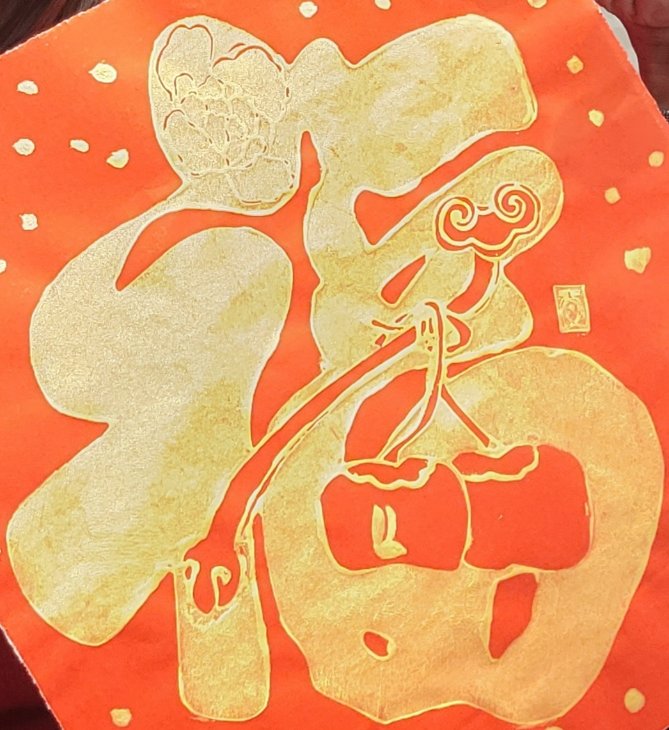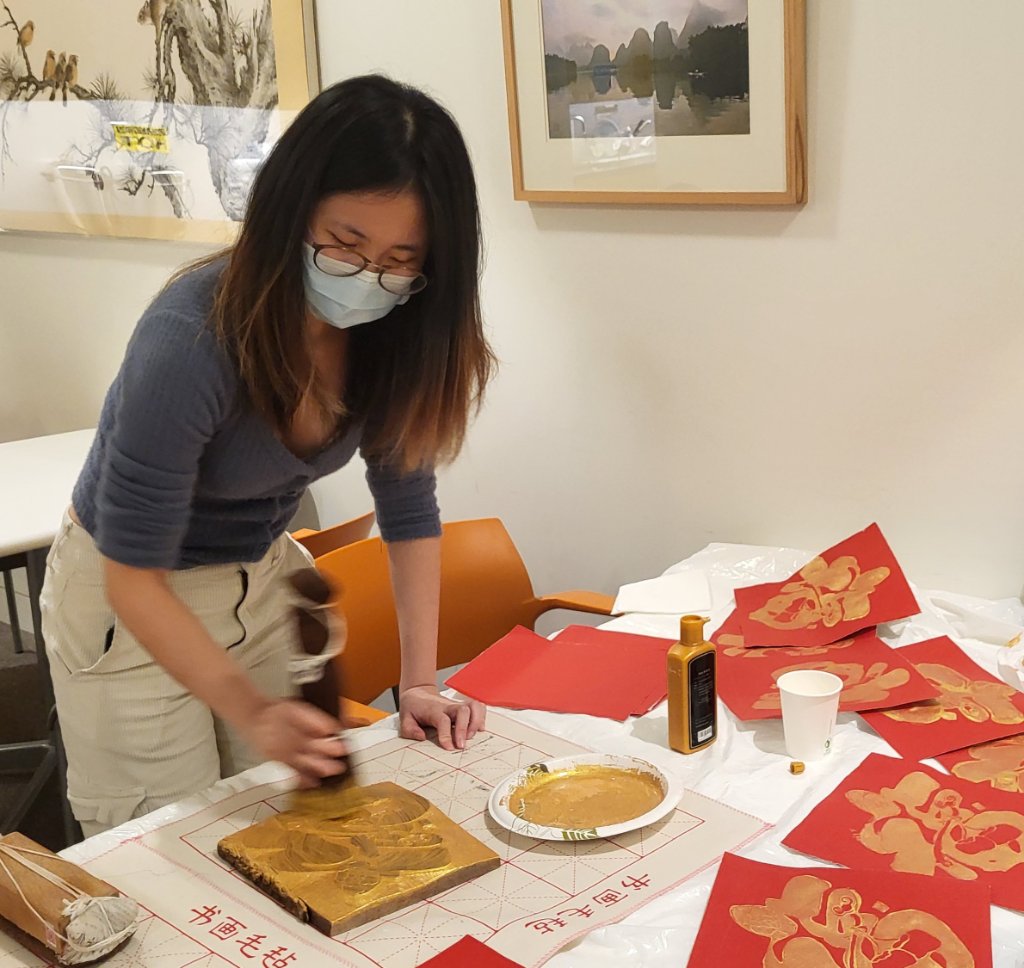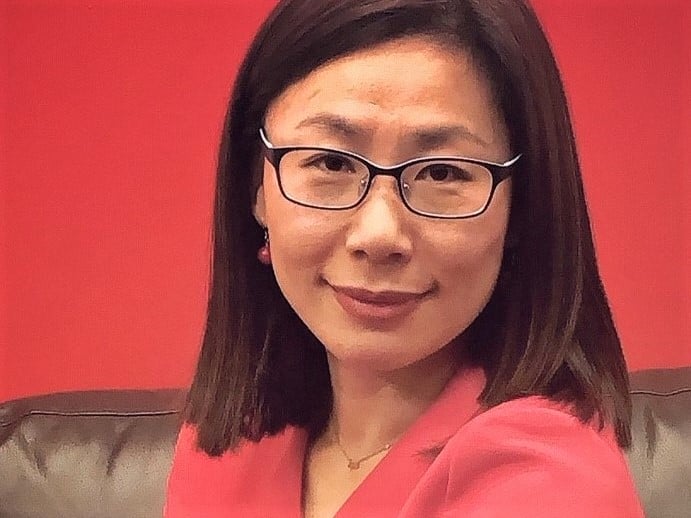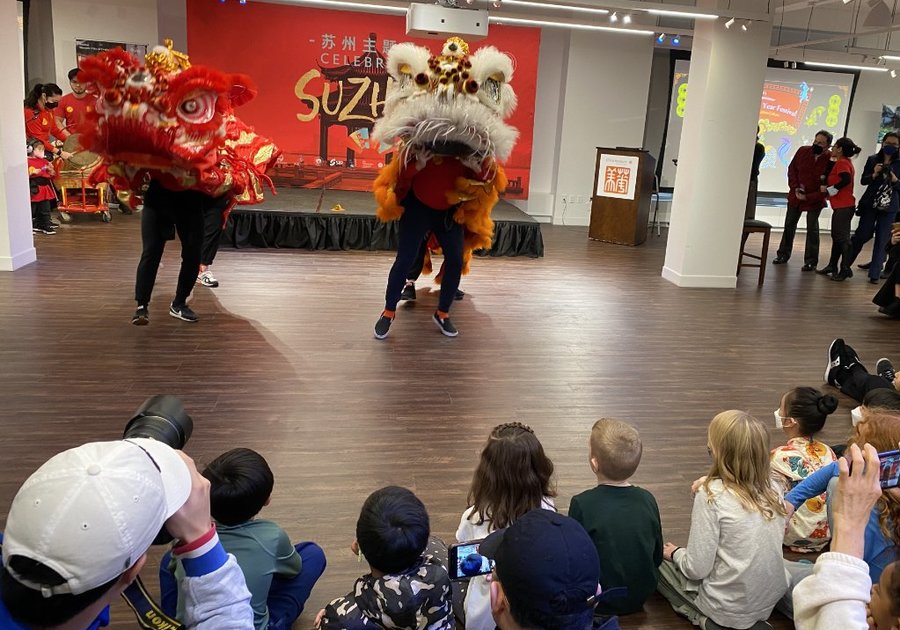Do you know that we just “hopped” into the Year of the Rabbit on January 22?
According to the Chinese lunar calendar, January 22 is the first day of the Year of the Rabbit, the 4th among the 12 zodiac animals (a complete list in order is Rat, Ox, Tiger, Rabbit, Dragon, Snake, Horse, Goat, Monkey, Rooster, Dog and Pig). For any baby born on January 22 and after in 2023, he or she is a “Little Bunny” as his/her zodiac sign is the rabbit! Being fast, always alert, and known for fertility, rabbits signal a year of prosperity with energy preservation and peace!
According to the oracle bones, China's oldest written records, the lunar calendar has started at least since the 14th Century B.C.E. Some may even say that it was invented as early as 2637 B.C. by the legendary Yellow Emperor. Currently, in China, people follow the western calendar for daily uses, however, the lunar calendar dominates traditional holidays. The lunar new year is certainly the most important holiday of all, celebrated with big family meals, and festival parades like lion dances in the community, among a variety of activities.
You may also see streets in Chinatown full of colorful decorations, many in red and gold as the two colors bring warmth, lift the spirit and symbolize good luck and wealth. If you walk down those streets, will you probably see the Chinese word “福” (blessing, pronounced as “FOO”) everywhere. It is not hard to guess why it is so popular: who doesn’t want to have blessings for a new year full of uncertainties?
Typically posted at the entrance, on walls or windows, the word “福” can appear as a new year print as the following:

A “福“ printed in gold ink on red paper decorated with golden dots
An ancient tradition, making a print on a woodblock was particularly popular in an early celebration of the Chinese lunar new year at China Institute in Lower Manhattan on January 8. Post one or a pair on the front door, you will feel the spirit of being blessed right away!

Making a 福 (blessing) new year print on a woodblock at China Institute
In terms of words of blessing for the Chinese New Year, 恭喜发财, roughly translated as “wish you make a fortune”, probably is best known to New Yorkers. The Analects, a Chinese classic compiling wisdom of Confucius (479 - 551 B.C.), explains that 恭 is similar to “respect”, and 喜 equals 福 (blessing). 恭喜 together literally means “ respectful blessings”. With “发财“ (grow the wealth), the entire expression effectively covers both the best blessing and the wish for good wealth.
While the Lunar New Year is known in New York for one day, when the public schools get a day off, the celebration period can be much longer. Early celebrations can start a few weeks before while the festivity officially ends fifteen days after New Year’s Day. As a tradition in many Asian cultures, you may find many organizations celebrate with a variety of activities throughout the month of January and into February this year:
January 8: China Institute: An Early Celebration of Chinese New Year – Immerse in Suzhou Culture
January 13: China Institute: An Evening of Classical Instrumental Music – Year of the Rabbit Celebration
January 14: Museum of Chinese Americans: MOCACREATE: Lunar New Year Museum Makeover with Teaching Artist Yu Rong
January 21: Flushing Town Hall: “Thump Thump” Rabbit Coloring Workshop
January 21: Flushing Town Hall: Open Reception: Lunar New Year 2023 Photo Exhibition (runs till February 26)
January 21: Museum of Chinese Americans: Lunar New Year Family Festival
January 28: Asian Society: Moon Over Manhattan: A Lunar New Year Family Day
January 29: Flushing Town Hall: Chinese Theatre Works: Hao Bang-ah, Rabbit! Budaixi-style Puppetry w Live Music
January 29: Japan Society Oshogatsu: New Year’s Celebration
Of course, the lunar new year is not the only time to explore Chinese culture. China Institute’s Immersive Mandarin Summer Program for Children, designed for kids to learn more about major festivals and holidays, provides an opportunity for up to 6 weeks in the summer to delve into Chinese culture: the dragon boat festival for summer, the mooncake festival in fall, and the all-encompassing Chinese lunar new year! Take what New York offers and have fun!

Shenzhan Liao is the Head of the School of Chinese Studies at China Institute, a non-profit educational and cultural organization in New York with a mission to deepen the understanding of Chinese culture since 1926.



